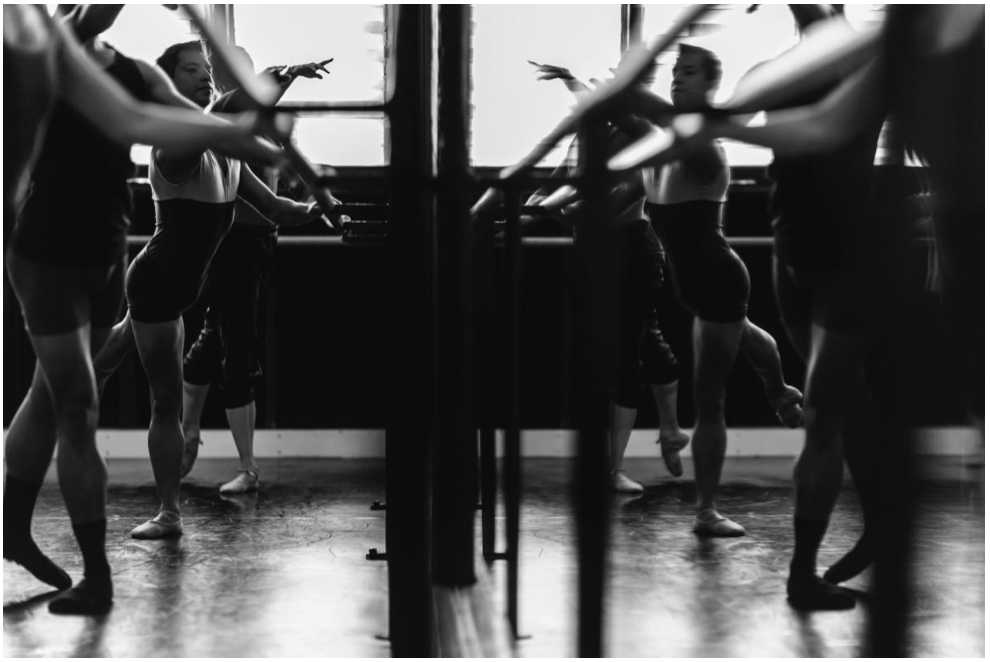Often, there’s nothing more annoying than optimism.
I remember once I was set to do a weekend transformation retreat with two really great people.
As we were brainstorming what to call our 3-day event, the possibilities kept inflating.
“Journey to Joy!”
“Quantum Leapfrogging!”
“Ecstatic Euphoria Escape!”
That sort of thing…
Yet somehow, I couldn’t get on board that bus.
Instead, I suggested we call it the “Little Less Sad Retreat.”
My idea for our tagline:
“Spend three days with us and maybe, just MAYBE you’ll be a little less sad.”

(Spoiler alert: I was quickly outvoted––although the weekend was actually rather awesome.)
The reason I’m thinking of this is that often when things are difficult, it’s easy to overreach with knee-jerk, overarching optimism.
I’ve had a few conversations lately where I’ve shared some real business challenges and felt that––based on my past successes––no one seemed particularly concerned.
Don’t get me wrong…
Generally speaking, it’s nice to have people believe in you.
For example, one of my favorite confidence-building stories is when at a dinner party years ago a dear friend’s husband was asked who he’d pick to be stranded with on a desert island.
Instead of his wife, he picked me.

When asked why he replied, “Because Edward would find a way off the island.”
(In 2020, that might be the most meaningful compliment I’ve ever received.)
I think right now a lot of us are trying to find a way off the island, back to the life we’d planned.
And don’t get me wrong; I’m a firm believer in having a Master Plan.
I coach people in creating those all the time.
But the changes in our plans, as Kurt Vonnegut said of peculiar travel suggestions, are often “dancing lessons from God.”

As a practical suggestion, you might also consider doing this:
“When something goes wrong in your life just yell ‘PLOT TWIST’, and move on.”
The last two weeks have had so many Plot Twists––some of which I cannot yet interpret as either good or bad, just surprising––that I’m left uncertain about so many things.
Here’s what’s helping me most this week––and maybe it’ll help you, too.
I often share with my creative coaching clients, what E.L. Doctorow said about the writing process:
“Writing a novel is like driving
a car at night.
You can see only as far
as your headlights,
but you can make the whole trip
that way.”

Right now, I find this analogy supremely useful.
Unless driving in the pitch-black darkness is your idea of a joyride, you’ve probably got a destination in mind.
Yet that destination is often so far away and invisible that it only serves as a dim inspiration.
It might even be a taunting reminder of how far you still have to travel.
Instead, you’ve got to focus only as far as your headlights illuminate (twenty feet…or even ten; maybe only two or three if it’s foggy) and hope that somehow, despite the darkness, you’ll get where you’re going.
If we can manage that, I’m trusting that eventually we’ll all arrive safe and sound.
Namaste for Now,
• Loved doing this podcast interview about Wealth & Purpose with my great friend Amy Ahlers. Have a listen HERE.
• And––thanks to a brilliant high school research intern––I’m actually ahead of the game in one area.
I’m opening up a few interview slots for creative coaching this week HERE.

